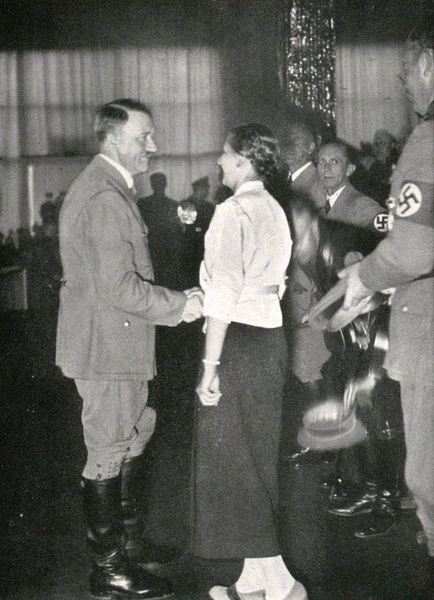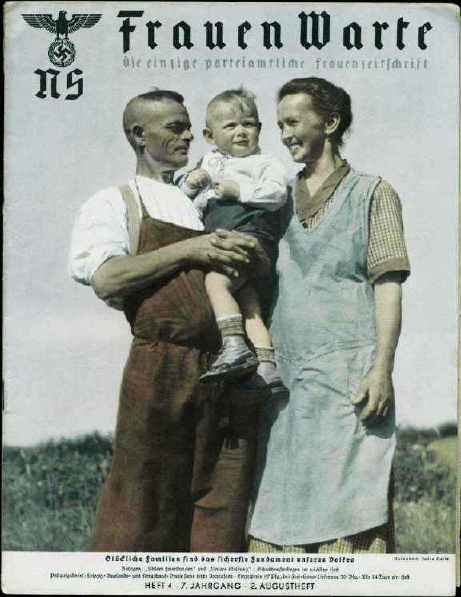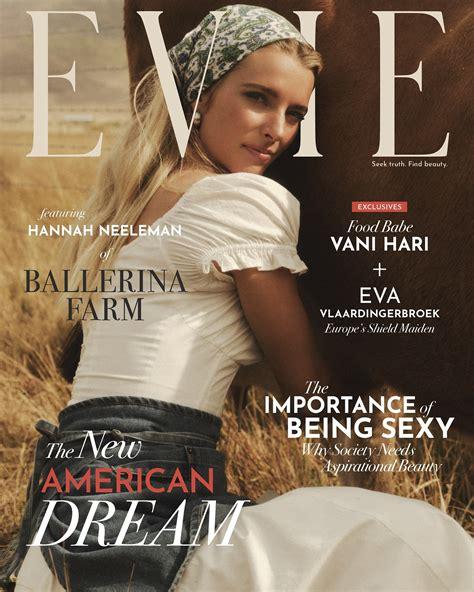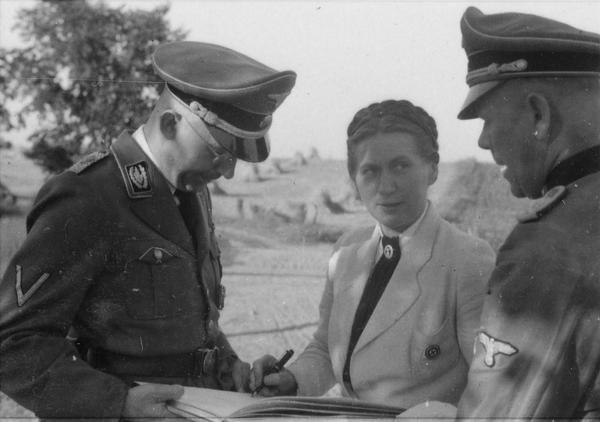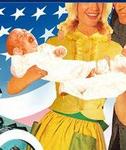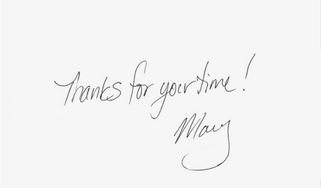September 26, 2025 Hello , Today's a first in more than ten years of writing this newsletter. I've written the story of an historical woman I do not admire. But Gertrud Scholtz-Klink is part of a larger story that I believe is important and offers a glimpse of history that gives us perspective on the present. It's a story about how authoritarian
governments politicize motherhood in a move to eradicate women's rights and freedom. Being a mother has been deeply rewarding for me, amazing, uplifting, educational.... I could go on forever with the positive adjectives, and few would dispute the value of family life in society. But authoritarian powers elevate motherhood to women's sole purpose,
casting it as an even exchange for giving up the autonomy to live our lives as we think best. This is what happened as the Nazi party rose to power in Germany. By 1933 most feminist organizations had dissolved themselves or were abolished, and the loss of women's rights and freedoms soon followed. Known feminists fled the country to wait out the Nazi regime, many believing Hitler's administration would be short and ineffectual, a blip in the course of history.
Exploring "Kinder, Küche, Kirche" – The Dangerous Intersection of Politics and
Motherhood
Appointed Reichsfrauenführerin (Reich Women's Leader) in 1934, Gertrud Scholtz-Klink embodied the ideal Aryan woman: blonde-haired,
blue-eyed, slim and a mother to eleven children. She preached Hitler's dogma to 4 million girls in the Nazi youth movement, 8 million women in Nazi associations under her jurisdiction, and 1.9 million subscribers to her women’s magazine, Frauen Warte (Women Waiting). As head of the women's
wing of the Nazi Party, her gospel of male superiority proclaimed raising children and doing household chores was women's utmost duty to the nation. She termed it "the cradle to the ladle."
Adolf Hitler and Gertrud Scholtz-Klink, the head of the NS-Women's League, shaking hands at the
Nuremberg rally, Sept. 11, 1936. (Hitler Archive)
In Germany, the women's movement got a late start compared to England, France and the US, but they ushered in women's suffrage in 1919, the year before American women got the vote. In the next decade feminists expand women's rights across the Weimar democracy. Germany's Reichstag had 32 women deputies in 1926 (6.7% of the Reichstag), giving women representation at the national level that surpassed countries such as Great Britain (2.1% of the House of Commons) and the United States (1.1% of the House of Representatives). Women deputies in the Reichstag increased to 35 by 1933 the eve of the Nazi dictatorship. It was Gertrud's job to put German women in their place “Kinder, Küche, Kirche” (“children, kitchen, church”) and she did it well with the power of the state backing her up. All birth control clinics and
contraceptive sales were outlawed. Prison, or worse, awaited any woman caught talking about or giving advice on birth control methods. Woman’s role was confined to the
home and involved three main duties: marrying someone considered racially "pure" (not of Jewish descent), taking care of her family, and showing patriotism by teaching her children Nazi beliefs. “Our job," Gertrud said, "was to infuse the daily life of all German women—even in the tiniest villages—with Nazi ideals.” She used several strategies. Reading, writing, arithmetic and science was for boys and men. For girls and women, she developed courses on childcare, cooking and sewing that were taught to women at Home-Mother Schools. She oversaw Reich Bride Schools where young brides-to-be were instructed on the Nazi ideology on race and genetics, and domestic chores including shopping, gardening and caring for their husbands' uniforms, boots and daggers. German women of every class were inundated with messages about their roles and responsibilities through the social media of the time, radio, newspapers, speeches, pamphlets and
women's magazines like Frauen Warte and Mutter and Kind (Mother and Child). The magazines provided support, entertainment, and practical tips for for
wives and mothers. Frauen Warte avoided politics and focused on general lifestyle topics like home care, family health, and light debates over things like makeup use.
August 1938 issue, The cover caption reads: “Happy families are the best foundation of our people.” A poem titled “My Boy” has a mother saying that she will live on through her baby
son.
Perhaps this education in child-rearing, cooking and sewing isn't bad in and of itself, but when delivered as the only option for women it's oppressive, with no acknowledgement of women's intelligence, variety of talent and freedom to live their lives as they wish. The instability
that often gives rise to fascism also amplifies the message that a woman’s rightful place is home with her children, says Claudia Koonz, a history professor emerita at Duke University. “If there’s chaos,” she says, “then the women who are keeping the home front stable have even more responsibility: ‘There’s chaos out there, but my family is going to have traditional
values.’” In the U.S. today, from the president's tweets to the halls of Congress and "Tradwives" trending on tiktok, the message is clear and the branding is slick and sexy. American women need to return to Kinder, Küche, Kirche
Evie’s 2024 print issue features Hannah Neeleman milking a cow in a white peasant dress. Hannah, a homesteading influencer with 10 million Instagram followers, lives in Utah with her husband and eight children. Photograph: Evie magazine The magazine has been online for four years, but is now publishing a print edition. From Evie's Instagram the day of the cover reveal: "On her first ever cover, the
former Juilliard ballerina turned beauty queen and farmer brings us in for an intimate look at life, marriage, motherhood, and documenting her brand-building journey to an audience of 20 million people around the world. In your hands, you hold a new vision of American culture—a celebration of Americana, beauty, grounded ambition, and timeless values."
In Nazi Germany, most women had only
one path to honor: birthing children. This was recognized with financial rewards and medals. The government gave bonuses and loans to couples who promoted the Aryan race through ‘good’ (white) breeding. Beginning in 1939, the Third Reich awarded the Cross of Honour of the German Mother to productive women.
Giving birth to four or five babies earned one the bronze medal, for six or seven children the award was silver, and the gold medal went to women who had eight of more children. Scholtz-Klink herself was awarded the golden cross in May 1944.
Cross of Honour of the German Mother awarded for "...exceptional merit to the German nation" to mothers who exhibited probity, exemplary motherhood, and who conceived and raised four or more children Donald Trump has discussed a similar award for
American women, including a “National Medal of Motherhood” for women with six children. In addition, he has proposed a $1,000 government-funded investment account for new babies. The Department of Transportation has issued a memo directing the agency to “give preference to communities with marriage and birth rates higher than the national average”. Republicans in Congress are working to control women's social roles by eliminating federal tax credits for daycare and cutting funding for education, housing, health care and food assistance. Red states have outlawed abortion, are trying to prevent women from having access to the morning-after pill and rolling back protections for LGBTQ+ people. Eliminating reproductive rights doesn't help mothers—particularly Black women, who die in childbirth at nearly three-and-a-half times the rate of white women. Tearing immigrant families apart, ending birthright citizenship, and refusing undocumented parents tax benefits entitled to their US citizen children—demonstrates brown children are not
valued. Those are not the only contradictions in this model for women's lives. Hannah Neeleman, mother of eight and stay-at-home mom somehow manages to earn between $23,500 and $32,200 per month from Instagram alone! YouTube earns her ten-times that. And she still has time to milk the cow. I'd say that's more than a full-time
job and a pretty successful career. While Gertrud Scholtz-Klink held a powerful role as Reichsfrauenführerin, she was not invited to important meetings in the male-dominated Nazi party and had no voice on anything beyond women's issues.
Gertrud Scholtz-Klink in conversation with Heinrich Himmler (left) (August 1943)
(Wikipedia) Under the authoritarian governments in Germany and Italy that encouraged women to stay home and raise children, many housewives were forced to become factory and agricultural workers, their labor essential to the regime. You probably heard the suggestion by Trump's Agriculture Secretary Brooke Rollins, that
millions of adult Medicaid participants should replace foreign farm workers deported under the Trump administration’s immigration policies. That was after the Trump administration imposed new work requirements for Medicaid. The program provides healthcare to more than 77 million low-income people, 80% of them women with a median age of 40. The Pew Research center says more than 60% of Medicaid recipients have
jobs. If you're tempted
to make allowances for Gertrud Scholtz-Klink, thinking maybe she found herself in a pinch and did her best to help women under a harsh regime, think again. She denied any knowledge of the slaughter of millions of Jews, while in fact, she helped with the training and selection of concentration camp guards and often accompanied her husband on the job making frequent inspections of concentration camps. It is difficult to be part of an authoritarian machine and not be guilty of helping grease the gears.
Like my article today? Forward this email to share with family and friends.
Sources https://hist259.web.unc.edu/gertrud-scholtz-klink-1902-1999/ https://en.wikipedia.org/wiki/Gertrud_Scholtz-Klink https://www.childrenshospitals.org/news/cha-blog/2025/04/by-the-numbers-medicaid-is-vital-to-kids https://cas.loyno.edu/sites/chn.loyno.edu/files/Into%20Silence_Feminism%20Under%20the%20Third%20Reich.pdf
From Nazi Germany to Trump's America: Why Strongmen Rely on Women at Home
Fascist regimes pushed narratives of domestic bliss, yet relied on women’s unpaid labor. In the US today, ‘womanosphere’ influencers promote the "Tradwife" life. Are they peddling a fantasy?
|
|
|
|
Follow me on social media
This newsletter is a reader-supported publication. To support my work, consider becoming a paid subscriber.
Read
a great book? Have a burning question? Let me know. If you know someone who might enjoy my newsletter or books, please forward this e-mail. I will never spam you or sell your email address, you can unsubscribe anytime at the link below. To find out more about my books, how I help students, teachers, librarians and writers visit my website at www.MaryCronkFarrell.com. Contact me at MaryCronkFarrell@gmail.com. Click here to subscribe to this newsletter. |
|
|

